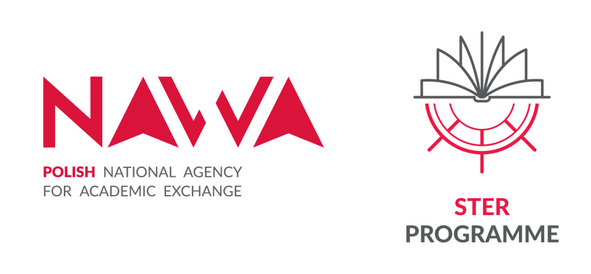Key words: Hamiltonian dynamics, periodic and connecting orbits, topological invariants, bifurcation theory, variational methods, estimation processes, Markov processes
The programme aims to prepare doctoral students for independent research in mathematics and give them the opportunity to become familiar with the latest results of scientific research in pure and applied mathematics. The programme includes obligatory and facultative courses as well as lectures by visiting professors.
Potential PhD students are offered theoretical and applied paths related to scientific research run by four research groups at the Institute of Applied Mathematics:
- Division of Nonlinear Analysis;
- Division of Differential Equations and Applications of Mathematics;
- Division of Dynamical Systems;
- Division of Advanced Applications of Mathematics.
Among others, our mathematicians investigate problems in nonlinear analysis, statistics, differential equations, dynamical systems, probability theory, graph theory and biomathematics.
Division of Nonlinear Analysis
The main fields of expertise of Division of Nonlinear Analysis are infinite dimensional Conley theory and topological and variational methods for the study of differential equations and dynamical systems. Our research concerns connection between Conley index and topological degree in Banach spaces, degree of invariant gradient maps, topological invariants of set-valued mappings. We study the existence and multiplicity of periodic, homoclinic and heteroclinic solutions of Hamiltonian systems and Allen-Cahn equations. We also create analytical tools (for example Parseval’s frames) used in approximation and estimation processes on manifolds (especially on spheres). In statistical research, in addition to typical estimation, there is ongoing research on the singularities of density functions and a regression function on a sphere.
Division of Differential Equations and Applications of Mathematics
Research interests in Division of Differential Equations and Applications of Mathematics concern topological invariants (fixed point index, Lefschetz number, Conley index, Nielsen number) and their applications to dynamical systems. We also develop new methods in nonlinear analysis with special focus on topological degree theory for equivariant gradient maps in Hilbert spaces. We search for new homotopy invariants in the class of proper gradient maps in Euclidean spaces. An application part of our studies includes mathematical methods in medicine (measures of complexity, entropy, symbolic dynamics, topological data analysis) and mathematical neuroscience. In particular, one of our research topics is computer-assisted proofs in dynamical systems. We are interested in combining rigorous numerics with algorithms on finite graphs and computational algebraic topology in order to develop new methods that allow proving certain properties of dynamical systems by means of automatic computation.
Division of Dynamical Systems
The core of expertise of Division of Dynamical Systems lies in topological and variational methods for the study of periodic and connecting orbits of Hamiltonian systems. Hamiltonian equations describe evolution of physical systems coming for example from classical mechanics or electrodynamics. For a complicated energy function it is often very difficult to give a precise solution of a given system. One possible way to overcome this problem is to use topological methods on infinite-dimensional spaces. We are concerned with topological methods such as infinite-dimensional versions of Morse homology, Floer homology, Conley index and variational methods if it is possible to define an underlying action functional. We refine the existing variational methods and develop new tools for the study of homoclinics and heteroclinics in Hamiltonian dynamics. Moreover, we apply classic and modern bifurcation methods in problems coming from applied mechanics, especially plate theory.
Division of Advanced Applications of Mathematics
The studies of Division of Advanced Applications of Mathematics are focused on the theory of stochastic processes, including ergodic theory of stochastic (Markov) operator semigroups. Possible applications are also focused on Markov models. Recently our studies have been essentially redirected to applications, covering population models and markovian control of diseases spreading. Mathematical side of these applications may go into nonlinear Markov processes, generalizations of SIR models, all supported by Monte Carlo simulations.



